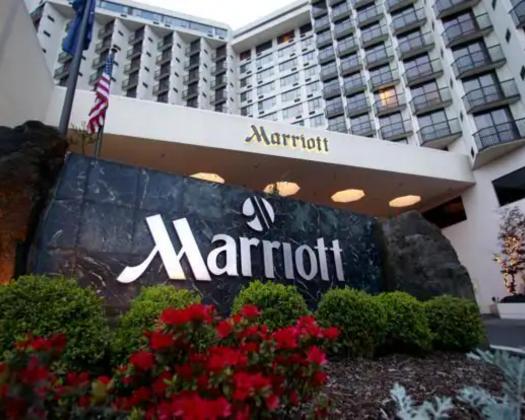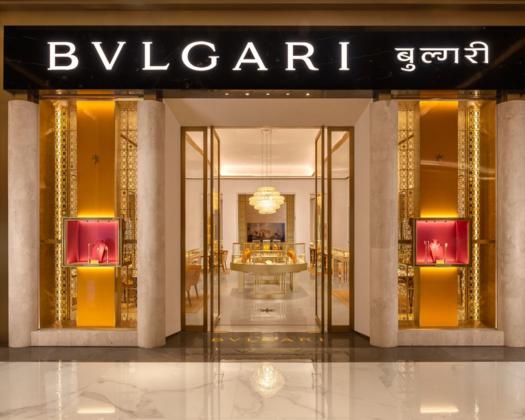Marriott International, Inc.: Pioneering Hospitality Excellence
Introduction:
Marriott International, Inc., a global leader in the hospitality industry, stands as a testament to the visionary endeavours of its founders, J. Willard Marriott and Alice Marriott. Established on March 5, 1927, in Washington, D.C., Marriott has evolved over 96 years into the largest hotel chain worldwide, boasting an extensive portfolio of brands and an unparalleled commitment to customer satisfaction.
Corporate Overview:
Headquartered in Bethesda, Maryland, Marriott operates as a public company, traded on Nasdaq under the symbol MAR (Class A). The company's prominence is reflected in its inclusion in the Nasdaq-100 and S&P 500 indices. With 8,484 locations spanning 139 countries and territories, Marriott's influence on the global hospitality landscape is undeniable.
Leadership and Structure:
The Marriott legacy is currently steered by Chairman Emeritus Bill Marriott, Chairman David Marriott, and CEO Anthony Capuano. Notably, Marriott follows a franchise model, with 2,149 properties operated directly and 5,493 operated by franchisees. The diverse portfolio comprises 31 brands, including iconic names like Marriott Hotels & Resorts, The Ritz-Carlton, Sheraton, and Westin.
Financial Performance:
As of the latest financial report in 2022, Marriott International reported a robust financial performance, with revenue reaching an impressive US$20.77 billion. The company's commitment to excellence is further underscored by operating income and net income figures of US$3.47 billion and US$2.36 billion, respectively. Despite a decrease in total assets and equity, Marriott's financial resilience is evident.
Financial Overview:
• Revenue (2022): US$20.77 billion
• Operating Income (2022): US$3.47 billion
• Net Income (2022): US$2.36 billion
• Total Assets (2022): US$24.82 billion
• Total Equity (2022): US$0.568 billion
Historical Milestones:
Marriott's journey from a humble root beer stand in 1927 to a global hospitality giant is marked by key milestones. The company opened its first hotel, the Twin Bridges Motor Hotel, in 1957, and subsequently, the Key Bridge Marriott became its longest-operating hotel until its closure in 2021. The Marriott Corporation split in 1993, giving rise to Marriott International, Inc., and Host Marriott Corporation.
Innovations have been a hallmark of Marriott's history, including being the first hotel company to offer online reservations in 1995. The strategic acquisition of The Ritz-Carlton in 1998 expanded its luxury offerings, showcasing Marriott's ability to identify and capitalise on market opportunities.
The tragic events of September 11, 2001, saw the destruction of the Marriott World Trade Center, a moment that tested the company's resilience. Marriott's commitment to social responsibility was evident in its smoking ban across U.S. and Canadian properties in 2006, a pioneering move in the industry.
Global Expansion and Acquisitions:
Marriott's global footprint expanded significantly with the acquisition of Renaissance Hotels and Ramada brands in 1997, followed by the landmark acquisition of Starwood in 2016 for $13 billion. The latter solidified Marriott's position as the world's largest hotel company, boasting over 5,700 properties, 1.1 million rooms, and a diverse portfolio of 30 brands.
Despite challenges such as the 2014 FCC fine and data breaches in 2018 and 2020, Marriott's resilience and commitment to guest satisfaction remained unwavering.
Recent Developments:
In 2021, the untimely passing of President and CEO Arne Sorenson marked a transition as Anthony Capuano assumed the role. The completion of the new $600 million headquarters building in Bethesda, Maryland, in 2022 symbolises Marriott's commitment to innovation and growth. However, the company faced criticism in 2021 for refusing to host the World Uyghur Congress, citing political neutrality.
Challenges and Controversies:
Marriott has not been without challenges and controversies, including lawsuits and investigations related to resort fees and alleged fraudulent and unethical practices in Poland in 2023. These incidents underscore the complexities of operating a global hospitality enterprise.
Environmental Commitment:
Marriott International places a strong emphasis on sustainability. The company reported its Total CO2e emissions, aiming to achieve net-zero emissions by 2050. Initiatives like the Marriott Bonvoy loyalty program have integrated sustainability practices, aligning with evolving global environmental expectations.
Conclusion:
Marriott International's journey from a root beer stand to the pinnacle of global hospitality is a testament to its founders' vision and the company's ability to adapt and innovate. With a commitment to excellence, a diverse portfolio of brands, and a focus on sustainability, Marriott remains an industry leader. As it navigates the dynamic landscape of the 21st century, Marriott's legacy continues to be shaped by its resilience, innovation, and dedication to providing unparalleled guest experiences.









